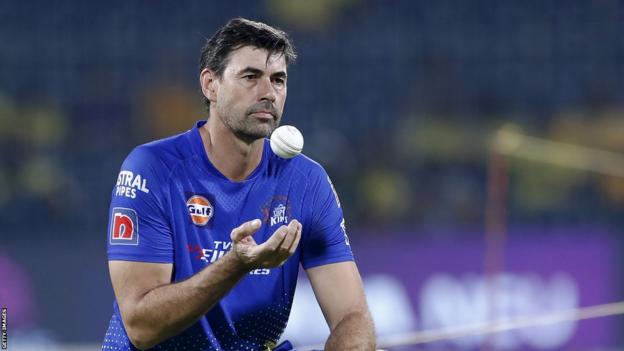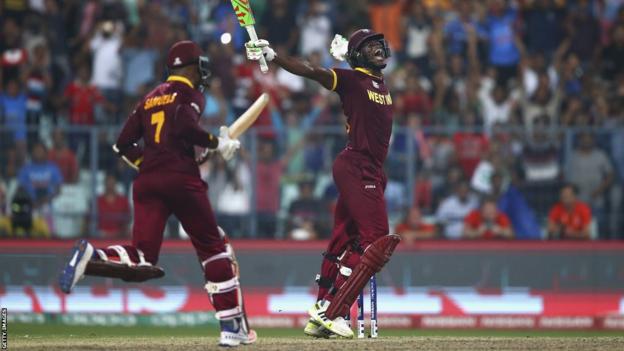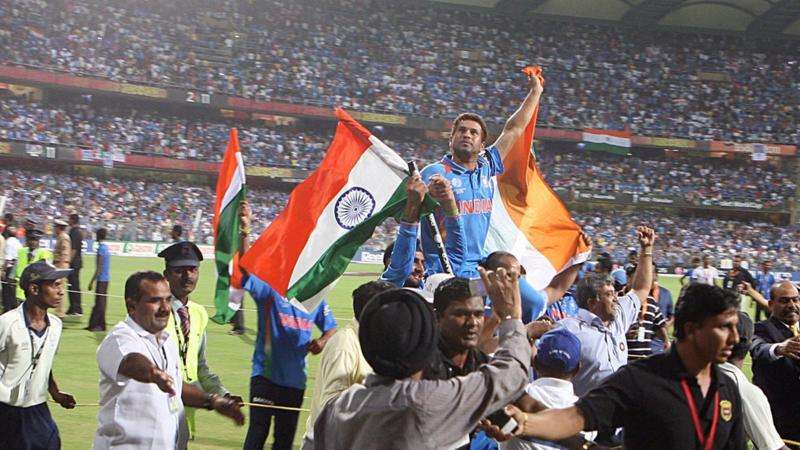Winning in India is often billed as one of the toughest tasks in cricket.
The pitches, the conditions, the travel and the noise all adds to the challenge - one facing the 10 teams at the World Cup, which starts on Thursday.
So how do you do it?
We asked the Indian Premier League's (IPL) most successful coach, a World Cup winner in India and analysts CricViz for their view.
The coach's view - be versatile

Stephen Fleming, who has led Chennai Super Kings to a record five IPL titles, said the key to winning in India is "being versatile with your plans, having a good assessment of conditions and trying to get on the right side of the toss".
"The trick is when you get it in your favour you have to make the most of it and when you are against it you have to find a way to survive and create an opportunity later on," he told OceanNewsUK.
While many might think of India as a spinners' paradise, the truth is the 10 venues will provide a variety of conditions.
England play Bangladesh in Dharamshala, in the foothills of the Himalayas, where the ball is expected to favour the seamers while surfaces in Kolkata and Ahmedabad, the venue of England's opener against New Zealand, their meeting with Australia and the final, have offered pace and bounce in recent years.
"You have to be careful you don't preconceive how a pitch will be," Fleming said. "The difference here is the IPL is played in April and May when the pitches have been used a lot.
"Our first game back in Chennai after four years [in 2023 IPL], we were expecting it to turn and it became an absolute road.
"The assessment of conditions, I cannot stress enough. It will be a major factor."
As well as the surfaces there is also the boundary sizes to contend with.
Somewhere like the M. Chinnaswamy Stadium in Bengaluru, where England play Sri Lanka, has some of the smallest boundary dimensions in the world.
"That is where the extra pace comes in, or the guys who do something a bit different," Fleming said.
"The part-timer does not play a role. They can go miles.
"Your main spinners, your death bowlers and at 30 overs you might go to wide yorkers because you are going at nine an over."
The player's view - don't panic

Carlos Brathwaite famously took West Indies to victory in the 2016 T20 World Cup in India. He predicts scores of 330 will be needed in this tournament.
"Bowling-wise, you have to have an acceptance that the ball can fly around the park and not be too emotionally invested in being hit for boundaries," he said.
"You can start your over 'badly' after an outside edge or a good shot that on normal grounds will be hit for two but on the small outfields they go for four.
"You can easily lose sight of that over and it can be 20 or 22.
"Instead, if you park it and move on you can easily salvage that over and it goes for 12 or 13. Nine or 10 runs can change the course of the game."
Brathwaite also believes the teams that cope with the intensity of India, from the crowds to the sponsor events, will be well placed.
"Personally I struggled with it right after the 2016 World Cup," he said.
"I didn't get chance to go home and I stayed on for the IPL where there was a lot of fanfare, having shot to fame almost overnight. It was really overwhelming.
"It is important not to get distracted. You will be doing so many video shoots, signing so many autographs and spend so much energy off the field that you need to find a way to compartmentalise that and concentrate on the game.
"You grow up wanting to be recognised for the sport you love and this is probably the biggest stage, in India where you are treated like royalty, but if you get too caught up you can forget why you are really there."
The analysts view - spin still crucial
And for all of the variety in conditions, spin will still play a crucial role in this World Cup.
India have won 20 of their 27 home one-day internationals since the last World Cup and, according to CricViz, their ability to play spin has been a major factor.
In that time, winning sides in India have averaged 64.70 against spin at a strike-rate of 95.
In comparison, the losing sides average only 28 while striking at 88 - the highest difference in average against spin in any country in the same period.
While not specific to India, the analysis also says that the new ball has swung more in 2023 than any other year - suggesting it will be a significant phase at this World Cup.
Four years ago, when a bowling side took two or more wickets in the powerplay they won 75% of the matches.
The past three men's 50-over World Cups have been won by the hosts. Will anyone be able to stop India this time?








